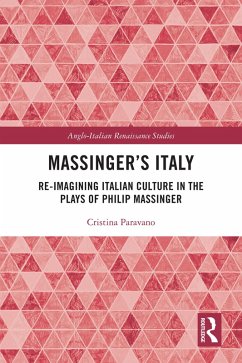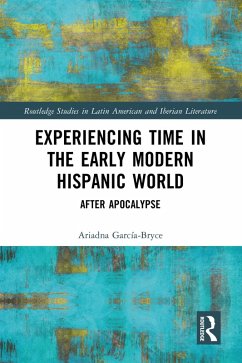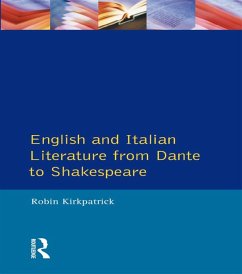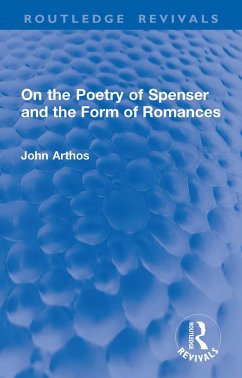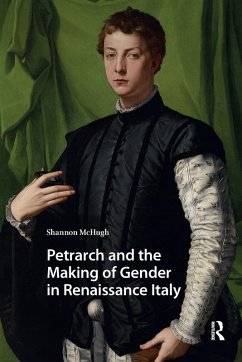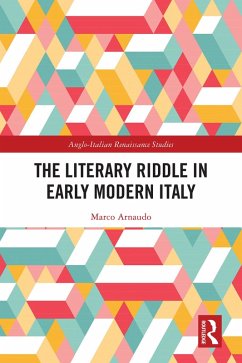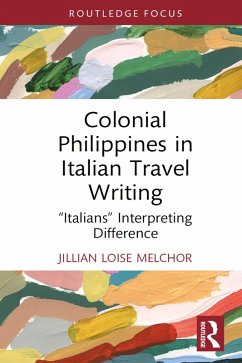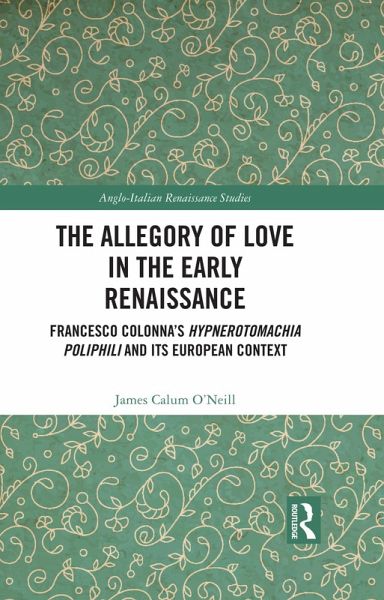
The Allegory of Love in the Early Renaissance (eBook, ePUB)
Francesco Colonna's Hypnerotomachia Poliphili and its European Context
Versandkostenfrei!
Sofort per Download lieferbar
39,95 €
inkl. MwSt.
Weitere Ausgaben:

PAYBACK Punkte
20 °P sammeln!
Described as 'the most beautiful book ever printed' previous research has focused on the printing history of the Hypnerotomachia and its copious literary sources. This monograph critically engages with the narrative of the Hypnerotomachia and with Poliphilo as a character within this narrative, placing it within its European literary context. Using narratological analysis, it examines the journey of Poliphilo and the series of symbolic, allegorical, and metaphorical experiences narrated by him that are indicative of his metamorphosing interiority. It analyses the relationship between Poliphilo...
Described as 'the most beautiful book ever printed' previous research has focused on the printing history of the Hypnerotomachia and its copious literary sources. This monograph critically engages with the narrative of the Hypnerotomachia and with Poliphilo as a character within this narrative, placing it within its European literary context. Using narratological analysis, it examines the journey of Poliphilo and the series of symbolic, allegorical, and metaphorical experiences narrated by him that are indicative of his metamorphosing interiority. It analyses the relationship between Poliphilo and his external surroundings in sequences of the narrative pertaining to thresholds; the symbolic architectural, topographical, and garden forms and spaces; and Poliphilo's transforming interior passions including his love of antiquarianism, language, and Polia, the latter of which leads to his elegiac description of lovesickness, besides examinations of numerosophical symbolism in number, form, and proportion of the architectural descriptions and how they relate to the narrative.
Dieser Download kann aus rechtlichen Gründen nur mit Rechnungsadresse in A, B, BG, CY, CZ, D, DK, EW, E, FIN, F, GR, HR, H, IRL, I, LT, L, LR, M, NL, PL, P, R, S, SLO, SK ausgeliefert werden.






